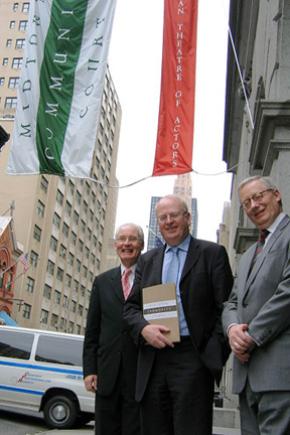
According to Padraic White, Chairman of the National Crime Council, “community courts take a problem-solving approach to low-level offenders, using a range of health and social services while some defendants may be required to undertake community work in the neighbourhood to make some reparation for their offending in that neighbourhood.”
Judge Michael Reilly, the Council member who chaired the subgroup responsible for the report, said that the introduction of community courts—with their wide array of problem-solving options—would contribute to breaking the cycle of re-offending. The proposed community court for inner-city Dublin would deal with low-level offenses such as drunk and disorderly conduct, assault, criminal damage, graffiti and petty theft. It would link offenders with services meant to deal with the underlying issues that led to their crime, and allow offenders to pay back the neighborhood through community service.
According to the report, the concept of community courts was first brought to the National Crime Council’s attention by Tom Coffey, the Chief Executive Officer of the Dublin City Business Association, after staff from the Center for Court Innovation made a presentation to the group. In September 2006 a delegation visited the Midtown Community Court, Red Hook Community Justice Center, and Philadelphia Community Court as part of a fact finding mission to the U.S.
To read the report in full, click here.

